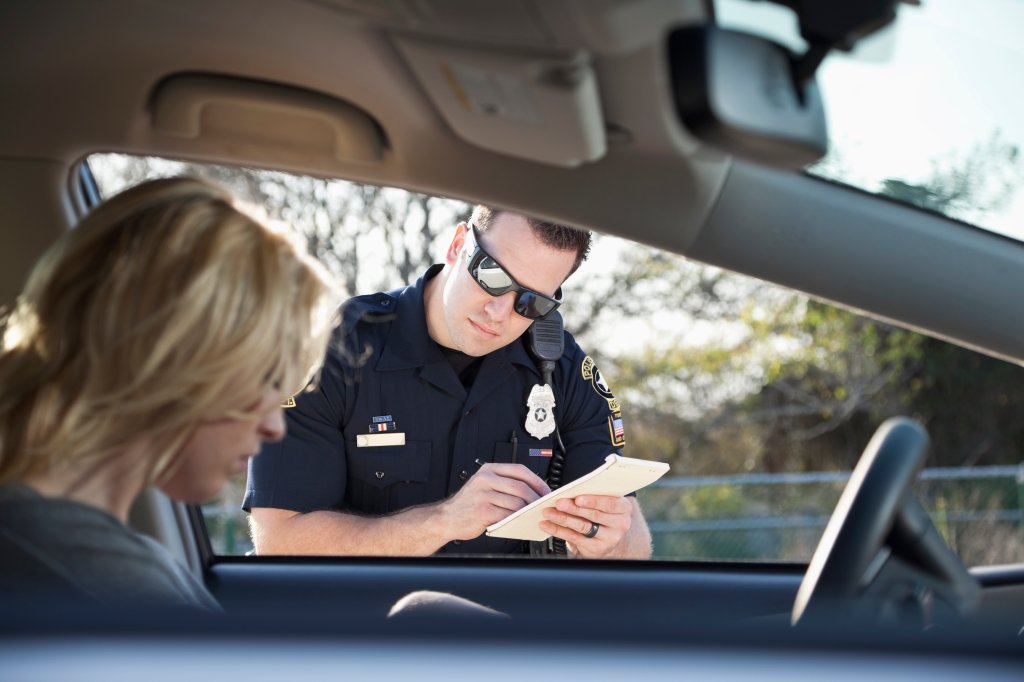NEW MINNESOTA SUPREME COURT RULE
State v. Torgerson, A22-0425 (Minn. Sept. 13, 2023)
This training update was written for the Minnesota Law Enforcement Training Academy (LETAC) and will be distributed to 12,000 Minnesota law enforcement professionals.

Yes, Officer, I was smoking marijuana but it was earlier at my house, not in the car!
QUESTION: Does the odor of marijuana, alone, emanating from a vehicle give officers “probable cause” to conduct a warrantless search of the vehicle under the automobile exception to the warrant requirement?
SHORT ANSWER – NO, Not Anymore! The Minnesota Supreme Court recently answered this question in State v. Torgerson. This newly clarified rule states:
NEW RULE: The odor of marijuana emanating from a vehicle, alone, is insufficient to create the requisite “probable cause” to search a vehicle under the automobile exception to the warrant requirement.
HOWEVER,
The odor of marijuana should be considered, along with the totality of all other circumstances, to determine whether there is “probable cause” to conduct a warrantless search of a vehicle.
In other words, to establish “probable cause,” the totality of the circumstances (e.g., the odor of marijuana plus additional factors) must create a “fair probability” that marijuana is being possessed or used in a criminally illegal manner.
Read the full training update below for an analysis of the Torgerson decision, a summary of the August 1, 2023, recreational marijuana legislation, and a list of ten law enforcement “Best Practices” for determining probable cause.
Click below for a print-ready copy of Training Update 23-3
Training Update 23-3 (Odor of Marijuana & Motor Vehicle Searches)





